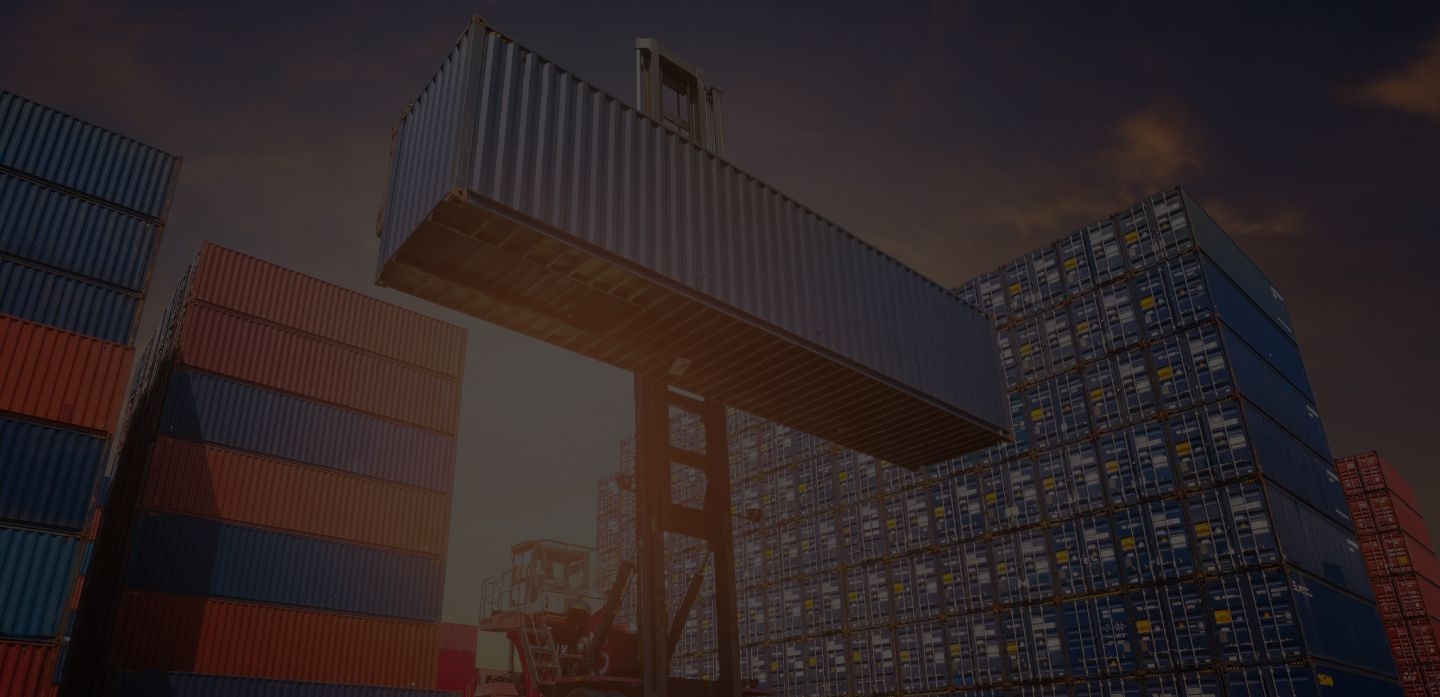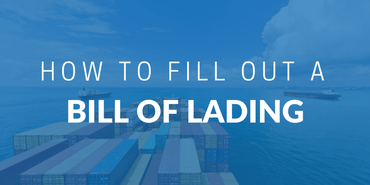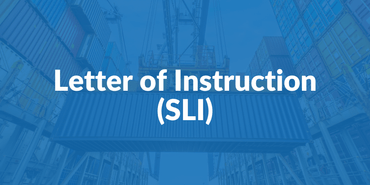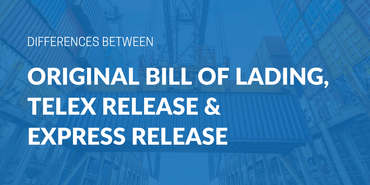
ISF Filing: All you need to know



![]()
For shipping products to the USA, importers have to be aware of the ISF process to transmit important information on time. This article is a comprehensive guide about ISF, ISF meaning, ISF cost, and why it is necessary for shipments to the USA.
What does ISF stand for?
ISF abbreviation is “Importer Security Filing”. It is also referred to as ISF 10+2 that is a required filing to clear US customs. It requires importers to provide the shipment information to CBP in advance. They must file it at least 24 hours before loading the goods on the vessel bound for the US.
What is ISF?
Importer Security Filing is a US Customs and Border Protection (CBP) regulations specified for ocean cargo imports. Importers should send all the necessary data to US customs before shipping orders. Here is a list of required data for ISF:
- Buyer name and address
- Seller name and address
- Ship to name and address
- Consolidator name and address
- Manufacturer name and address
- Importer of record name and address
- Ultimate consignee EIN/IRS number
- Country of origin
- HTSUS number
- Container stuffing location
ISF is also called ISF 10+2 because it requires importers to provide ten data elements to CBP and two documents from the carrier of goods. An ISF document contains all this information for passing it to different parties.
There are two additional data elements also referred to as ISF 2, that are the responsibility of the steamship line:
- Vessel stow plan
- Container status message
Importer Security Filing (ISF)
The CBP introduced a new rule in 2009 that requires importers to provide details for assessing the cargo threats with each shipment. ISF is an essential part of the importing process for those dealing with containerized cargo. Importers are responsible for providing information gathered from multiple parties. They should keep an eye on all aspects of the importing process for the ISF filing.
ISF Cost
Custom brokers or forwarders charge a small fee for their services. However, the ISF filing fee is between $30 to $50. Most brokers or forwarders combine this cost with an ISF bond cost. This combined amount is between $80 and $120.
It is better to pay a smaller fee to avoid missing the filing deadline. This cost covers lodging in compliance with the ISP 10+2 advanced cargo reporting requirements. Brokers prepare this information from shipment letters or commercial invoice of intent.
ISF Customs Bonds
US customs requires these bonds to safeguard the financial liabilities and interests whenever a claim is issued to the importer due to the non-compliance. ISF is a bond of choice for importers with low import activity or who only import once. It is for single shipment filing.
The following are the types of customs bonds:
ISF bond
It is a single-use bond for the US customs that covers single ISF filing. Importers who do not possess continuous bonds use ISF bonds. It guarantees a $10,000 ISF penalty limit for non-compliance.
Single Transaction Bond
It covers a single shipment entry. An additional ISF-D bond is required for a single transaction bond if the goods enter the United States by ocean vessel. ISF-D bond is not necessary for air shipments.
Continuous Bond
It is the most common custom bond used for frequent importers. A continuous bond is better for those who plan on importing for 2-3 times a year. It is recommended for a more efficient customs clearance process because it saves on costs.
Custom Bond Value determination
Single Transaction Bond: It is usually completed for an amount equal to the value of merchandise plus the duty taxes and other fees. It can also be an amount equal to three times the value of merchandise as determined by the US customs.
Continuous Bond: Its amount is usually equal to 10% of the duty and other import tax paid in the previous year, in multiples of $10,000 with duties less than $1,00,000 or multiples of $100,000 with the duties over $1,000,000. At current, the US customs requires the minimum bond amount of $50,000. Further, they should ensure that the bond is sufficient to cover the duty, not the value on any merchandise shipment.
Fines and Penalties for Late ISF Filing
Importers have to complete the ISF filing 24 hours before loading the goods onto the foreign vessel. If the ISF filing is late, CBP has the right to issue fines and penalties against Importers and their bonds of $50,000 for each violation. In addition to fines and penalties, CBP may hold the cargo at the port for custom examination. The cost of this examination will be at the importers’ expenses for late ISF filing.
ISF 10+2 filing online
The CBP of the United States came up with the ISF filing requirements. They demand that containerized cargo must submit the information for security purposes.
For submitting the ISF 10+2 filing online, importers have to follow these steps:
- Prepare the information required for ISF
- Look for a certified software partner for ISF filing
- Follow up on the ISF status
The ISF filing process requires collecting information. Importers must collect the required information from different parties before the actual filing.
ISF Form
The US Customs and Border Protection (CBP) requires both carriers and importers to submit information regarding cargo through an ISF form. They must provide the required information 72 hours before the shipment is loaded onto the ocean vessel to the consignee. The failure to comply with the ISF form can result in penalties to importers by the US CBP.
ISF 5 vs. ISF 10
It is important to know the difference between the ISF 5 and ISF 10. An ISF 5 is used for goods that are not designed for the US but moving through the USA and into Canada for entry. There is a standard form available for this filing. Failure to an ISF 5 filing can result in exam fees and storage costs.
However, an ISF 10 is used for the goods that are designed for the United States. Importers must file it 24 hours before loading the cargo. Failure to ISF 10 filing can result in a minimum of $5,000 fine.
Related Articles


